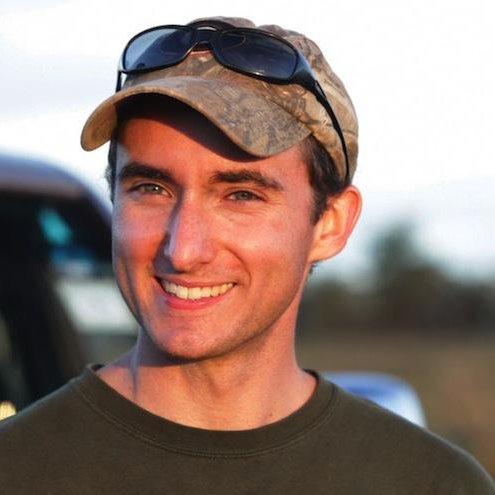 Tyler Kartzinel, conservation biologist and one of the newest IBES fellows, knows that understanding these interactions and their vulnerabilities is the key to effective conservation. His overarching goal is to use methods from both field ecology and genomics to understand who interacts with whom in nature, and why it matters.
Tyler Kartzinel, conservation biologist and one of the newest IBES fellows, knows that understanding these interactions and their vulnerabilities is the key to effective conservation. His overarching goal is to use methods from both field ecology and genomics to understand who interacts with whom in nature, and why it matters.
As Kartzinel explains, scientists often know surprisingly little about the ecosystems they aim to protect.
"In the African savannas that I study, it can be incredibly challenging to figure out what animals are eating," he says. "My research is both reaffirming much of what we thought we knew, while also revealing little surprises in the diets of charismatic species like elephants, giraffes, and zebras—not to mention the smaller mice, gerbils, and shrews."
Kartzinel has carefully crafted his research to yield ecological insights that are as interesting as they are useful.
"Ecology is such an exciting field. Amazing discoveries are made all the time," he explains. "The challenge, as conservation biologists, is to make sure we're asking the right questions—the questions that help protect the environment and improve people's lives in the real world."
From his perspective, the Institute is a perfect place to conduct such work.
"I think IBES provides a unique opportunity to focus on seriously cutting-edge science without losing sight of the bigger picture," he says. "The collective knowledge and collaborative spirit of the IBES faculty and students makes our community exceptional. I'm thrilled to be a part of it."